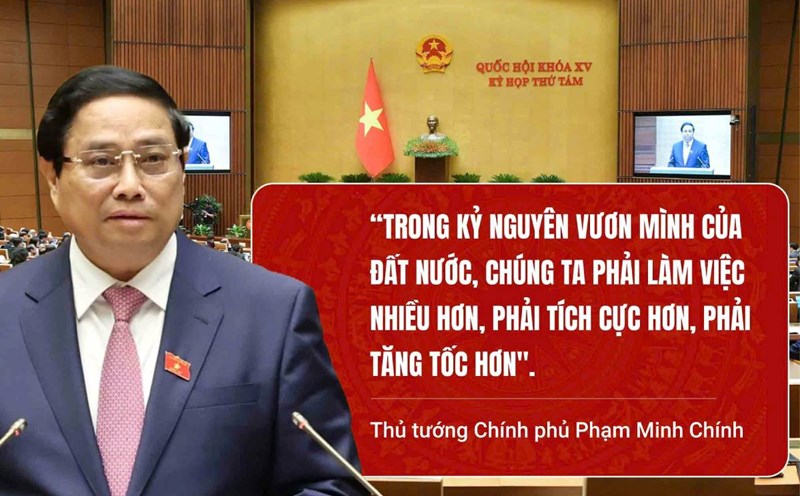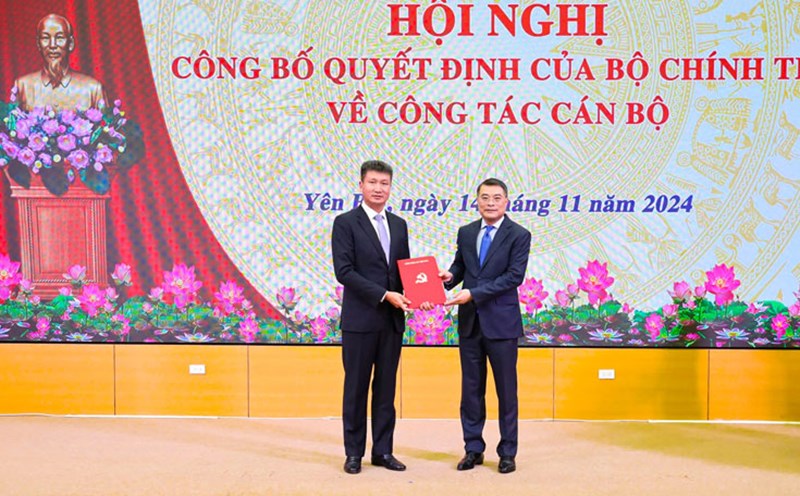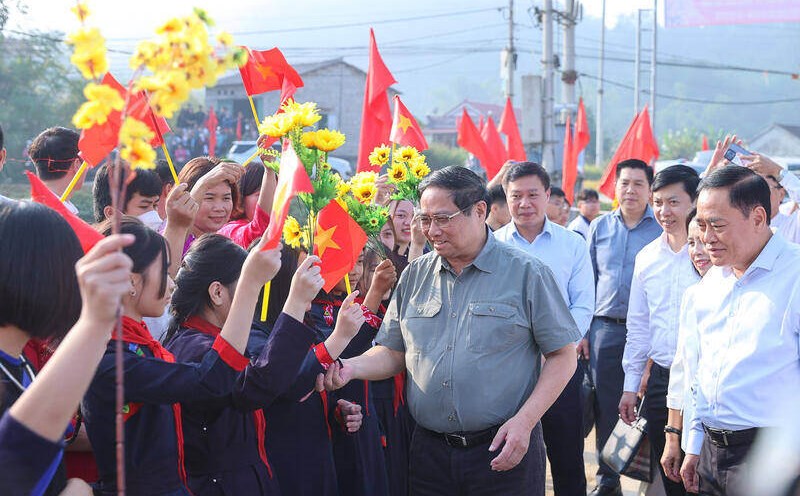Congress is ready to work all evening
The "fire" of institutional reform and innovation in law-making thinking was "lit" by the Central Government and is being seriously implemented by the National Assembly, fanning and lighting up the entire state apparatus from the Central to local levels.
In particular, in management agencies, the development and promulgation of documents guiding law enforcement and law enforcement organization need to be focused on.
At the 8th session, the National Assembly spent most of its time on law-making, supreme supervision, reviewing and deciding on socio-economic issues and a number of other important issues.
This is a session with many contents, many big issues, many big projects with new approaches. And as affirmed by Vice Chairman of the National Assembly Nguyen Khac Dinh, the number of projects is the largest since the beginning of the term.
The National Assembly Standing Committee held many meetings, worked with the Government and documents were sent to National Assembly deputies earlier than previous sessions. With over 80 projects, 132/154 official documents have been sent to National Assembly deputies.
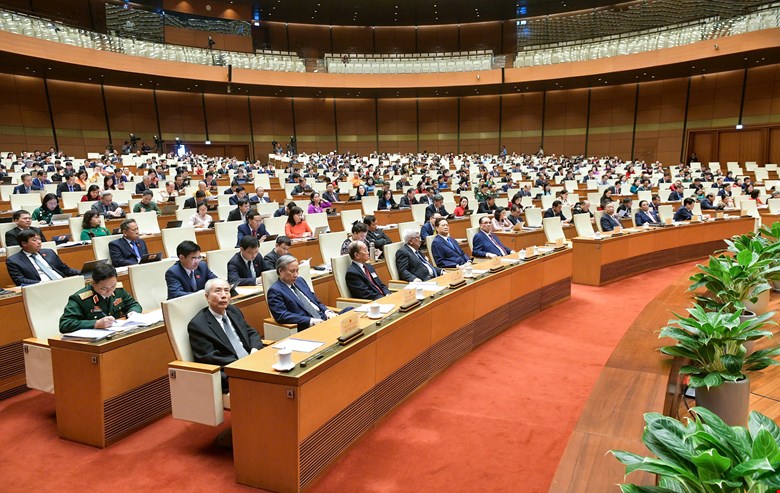
Time for reading documents in the hall is reduced to give the National Assembly time for discussion. Time for group discussion is also increased, time for discussion in the hall is reduced to receive more opinions. In particular, the National Assembly works 4 days a week on Saturdays and is ready to work in the evening.
This is a great effort of the National Assembly, its agencies as well as the Government and relevant ministries and branches, aiming towards the highest development goals.
As stated by National Assembly Chairman Tran Thanh Man at the conference of the Government Party Committee with the National Assembly Party Delegation on the 8th Session of the 15th National Assembly held on October 15, the idea is to innovate the thinking of law-making in the direction of promptly concretizing the Party's policies and resolutions.
According to National Assembly Chairman Tran Thanh Man, these innovations are about innovating the law-making process, professionally, scientifically, promptly, feasiblely, and effectively. They must originate from and promptly respond to development requirements and rapid changes in practice, with people and businesses at the center.
The law only regulates issues under the authority of the National Assembly, does not codify the contents of circulars and decrees, increases decentralization, delegation of power, reduces and simplifies administrative procedures.
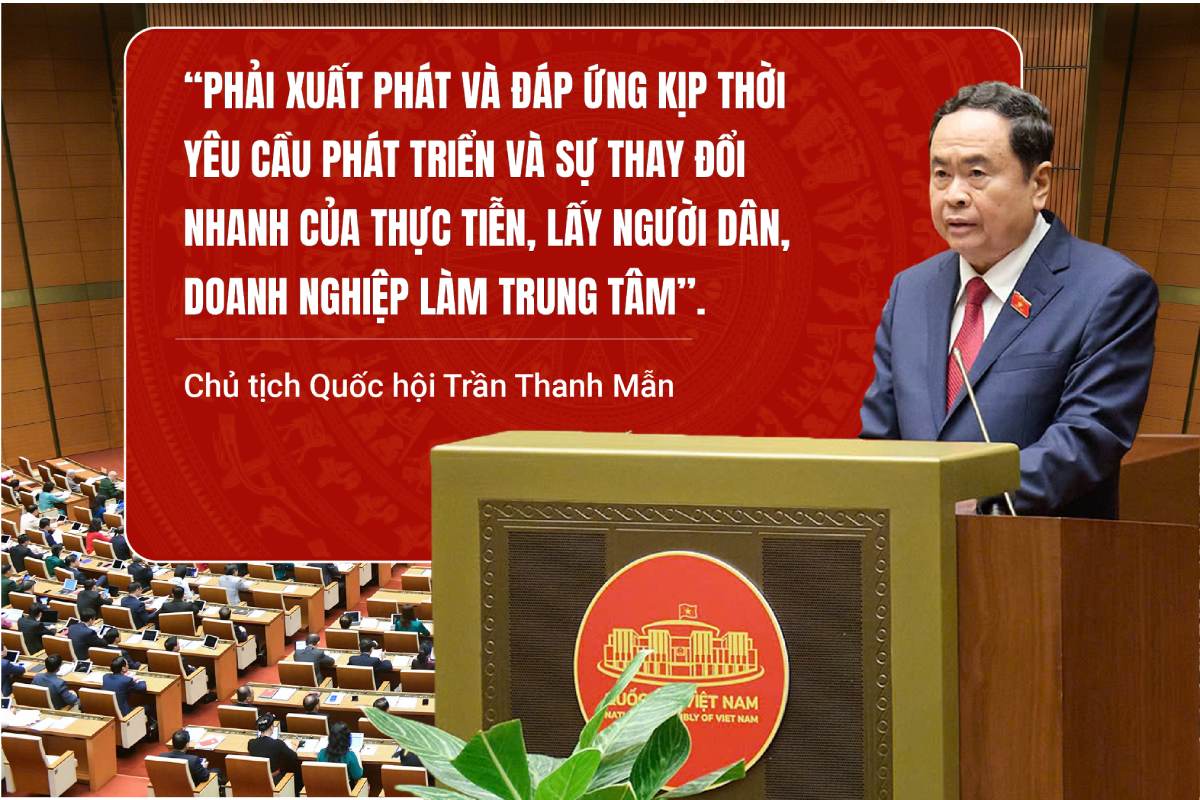
In particular, laws and resolutions submitted to the National Assembly must be of high quality, feasible, suitable to practical requirements, have a long "lifespan" and thoroughly implement Regulation No. 178 of the Politburo on controlling power, preventing and combating corruption and negativity in law-making work.
The general spirit is to ensure that when laws and resolutions are passed by the National Assembly, they are of good quality, creating favorable conditions and giving the Government the initiative and flexibility in the process of organizing the implementation of laws, linking law-making and law enforcement to achieve the highest efficiency.
Institutional issues are key
Normally, the focus of the National Assembly's year-end sessions is on legislative work. But at this session, the workload is huge, including legislation, supreme supervision, and decisions on important national issues.
With careful preparation, it can be affirmed that the issues considered and decided by the National Assembly at this session will meet the increasing needs of life, remove institutional and policy obstacles, unblock resources, overcome "bottlenecks", all for socio-economic development, people's lives, and meet the wishes and aspirations of voters.
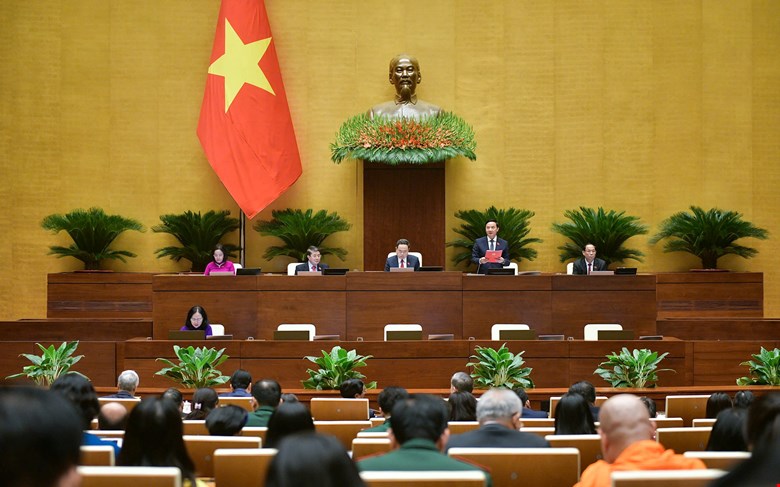
According to Deputy Minister of Justice Nguyen Thanh Tinh, building and perfecting institutions is one of three strategic breakthroughs in the spirit of the 13th National Party Congress Resolution.
Recently, Party and State leaders have written and delivered important speeches on building a socialist rule-of-law state and law-making, including new messages, thoughts, and ideas that need to be studied and applied in practice.
According to Deputy Minister Nguyen Thanh Tinh, innovation in law-making thinking is a big issue, both political and legal, and complex professional, and is a method to successfully implement strategic institutional breakthroughs so that the country can steadily enter a new era.
Dr. Nhi Le, former Deputy Editor-in-Chief of Communist Magazine, said that after 40 years of renovation, along with the results achieved, our country has also discovered bottlenecks in the legal system. "To achieve the goal of becoming a developed country in the next 21 years, the institutional issue is key," Mr. Nhi Le affirmed.
According to the former Deputy Editor-in-Chief of the Communist Magazine, the legal system is the key to national development. To build a solid legal system, it is necessary to harmoniously combine the rule of law and the rule of ethics, ensuring that the law is based on scientific principles and is consistent with social traditions and international standards.
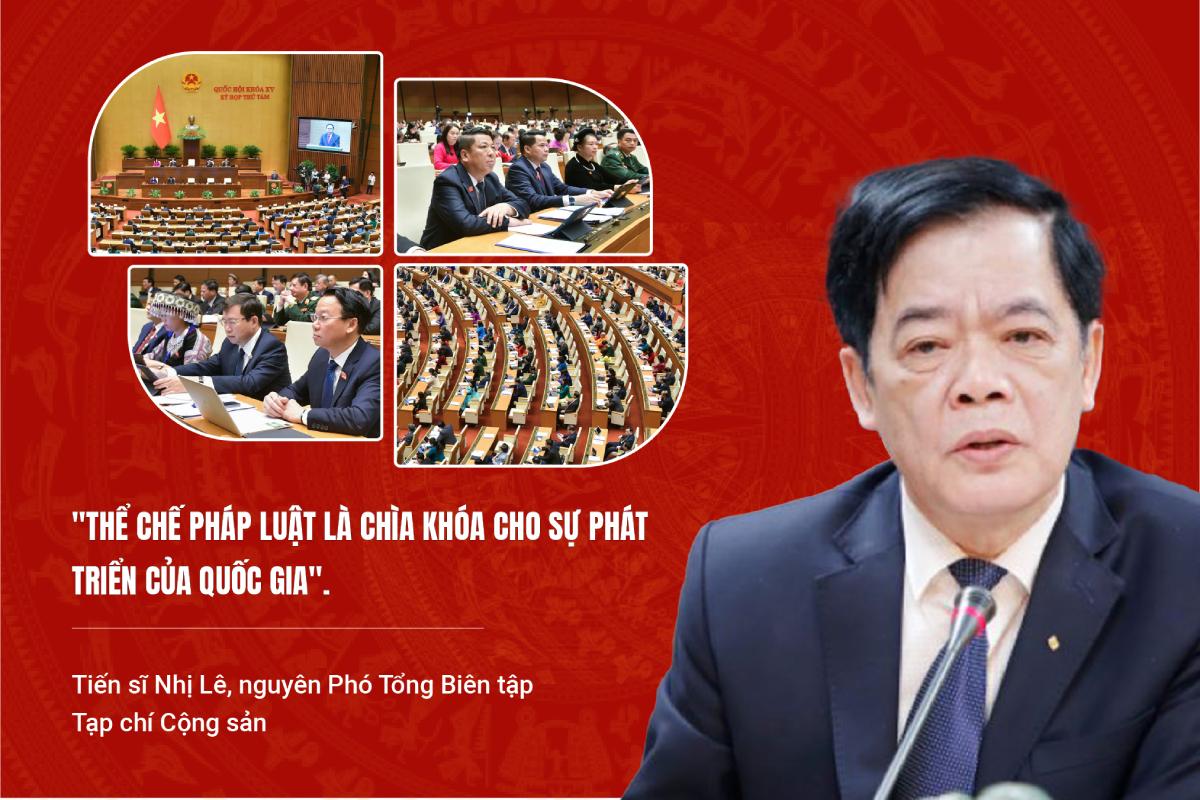
Sharing her views on this content, Associate Professor, Dr. Tao Thi Quyen - Deputy Director of the Institute of State and Law (Ho Chi Minh National Academy of Politics) said that it is necessary to innovate legal thinking, determining that the main purpose of law making is to create development.
Continue to innovate thinking about the nature, role and function of law to use law correctly and effectively, serving the cause of national innovation and developing Vietnamese society in the direction of promoting and developing the social nature, human nature, persuasive and creative role of law.
“That legal system needs to be built and perfected with a new mindset, which is to build laws for the purpose of creating social development, not to manage or rule society,” Associate Professor, Dr. Tao Thi Quyen emphasized.
National Assembly delegate Nguyen Manh Cuong, Quang Binh delegation proposed: Tighten the mechanism of asking and giving, not only the act of putting a regulation into a legal document is an act of group interest, being able to remove a regulation in a legal document is also an act of group interest. Create mechanisms and procedures of a asking and giving nature. Asking and giving is also a group interest.
The responsibility belongs to the entire political system, but a great deal of responsibility rests on the shoulders of each delegate when representing voters, carrying out the responsibility of law-making. The process of amending and promulgating laws requires National Assembly delegates to spend a lot of time, enthusiasm, and responsibility on research and discussion before pressing the button to pass.
Many National Assembly deputies also said that it is necessary to focus on controlling power in law-making and resolutely fight against negativity and group interests in legislative work.
The General Secretary's direction will remind each delegate to better fulfill his or her responsibilities and constantly improve the effectiveness of the National Assembly's operations to meet the requirements of the new era - the era of national growth.

